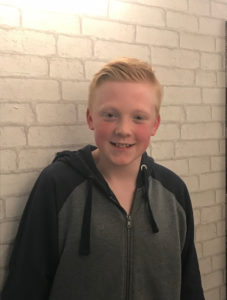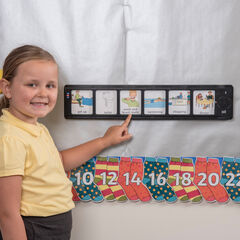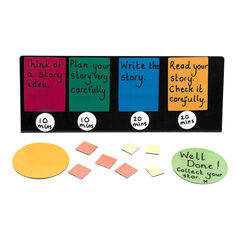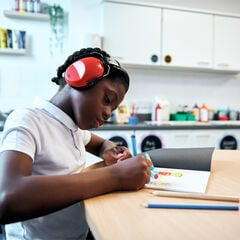My name is Alfie, I am thirteen years old and enjoying my time in year eight.

Starting secondary school gave me the opportunity to make lots of new friends and to meet lots of new people. Whilst I was looking forward to this, I also was wondering if I should tell them about me having autism. On one side of the coin telling people helps because if you are having a tricky kind of day people can support you and they will also stand more chance of understanding some of your uniqueness. However, on the other side of the coin it can be hard or a bit worrying to tell people because you are concerned that they might not understand your autism or treat you differently.
Luckily, I haven’t had any negatives from sharing my autism with others.
Here are some top tips to help:
- Your autism is part of you and is nothing to hide from or be ashamed of. I might not like my autism all of the time because it can make some things difficult but it’s stuff you can learn from and your autism can give you skills that others don’t have. Embrace it and be confident, this will show others that autism is nothing to be bothered by.
- Be honest about having autism – don’t hide it. Your true friends will accept it and want to help you if you need it. My friends are not fussed that I have autism. If anything they might ask about what it is like and look out for me.
- Explain what your autism is like for you. This means that people will treat you as an individual.
- Share your special interests and look for others who like the same things. This means that you will have hobbies to share and a starting point to build a friendship from. Most of my friends love football like me and this means that I always have a subject in common to talk to them about.
- You don’t have to say that you’re autistic if you don’t want to. I made friends first and told them afterwards. It really is up to you how much or how little you say.
Most of my friends already knew someone that is autistic and shared this with me. This made me realise that I am not on my own. The most important bit of advice I can share is that people either will like you or not regardless of if you have autism. It is important that you recognise that true friends like you for you and your autism is part of what makes you special, unique and brilliant!
Resources to support Autism
Here at TTS our extensive collection of autism resources provide you with the tools you need to make your teaching space a welcoming and accommodating environment for all your students. From activities aimed to encourage talking about feelings and emotions through to communication aids, our selection of autism resources for schools is designed to support your students on the autism spectrum.

View resources that support Autism here
With thanks to Alfie and Beccie (Alfie’s mum).
This article has been written by Beccie Hawes

Beccie has worked in all aspects of Special Educational Needs including mainstream, additionally resourced provision and specialist settings. She has extensive experience as a SENCo, Inclusion Manager, Lead Local Authority SEND Advisory Teacher and has set up and led an inclusion advisory service.
Beccie is currently proud to be the Head of Service with Cadmus Inclusive, part of Cadmus Services, which is based in Walsall. This service has a national reach and actively supports schools with all aspects of providing a high quality education for vulnerable learners. Beccie is the author of ‘The Complete Dyslexia Toolkit’ and co-author of ‘Getting it Right for SEND’ and ‘How to Create the Perfect Partnership with Parents’. Beccie also writes the national Ebriefing: SEND Bitesize. She has developed a number of educational resources to support learners which schools across the UK have purchased and use. Beccie remains very ‘hands on’ in the classroom and is passionate about being at the chalk face to support teachers and children to think differently for a brighter tomorrow. She is also the mum to four boys and a dog.






